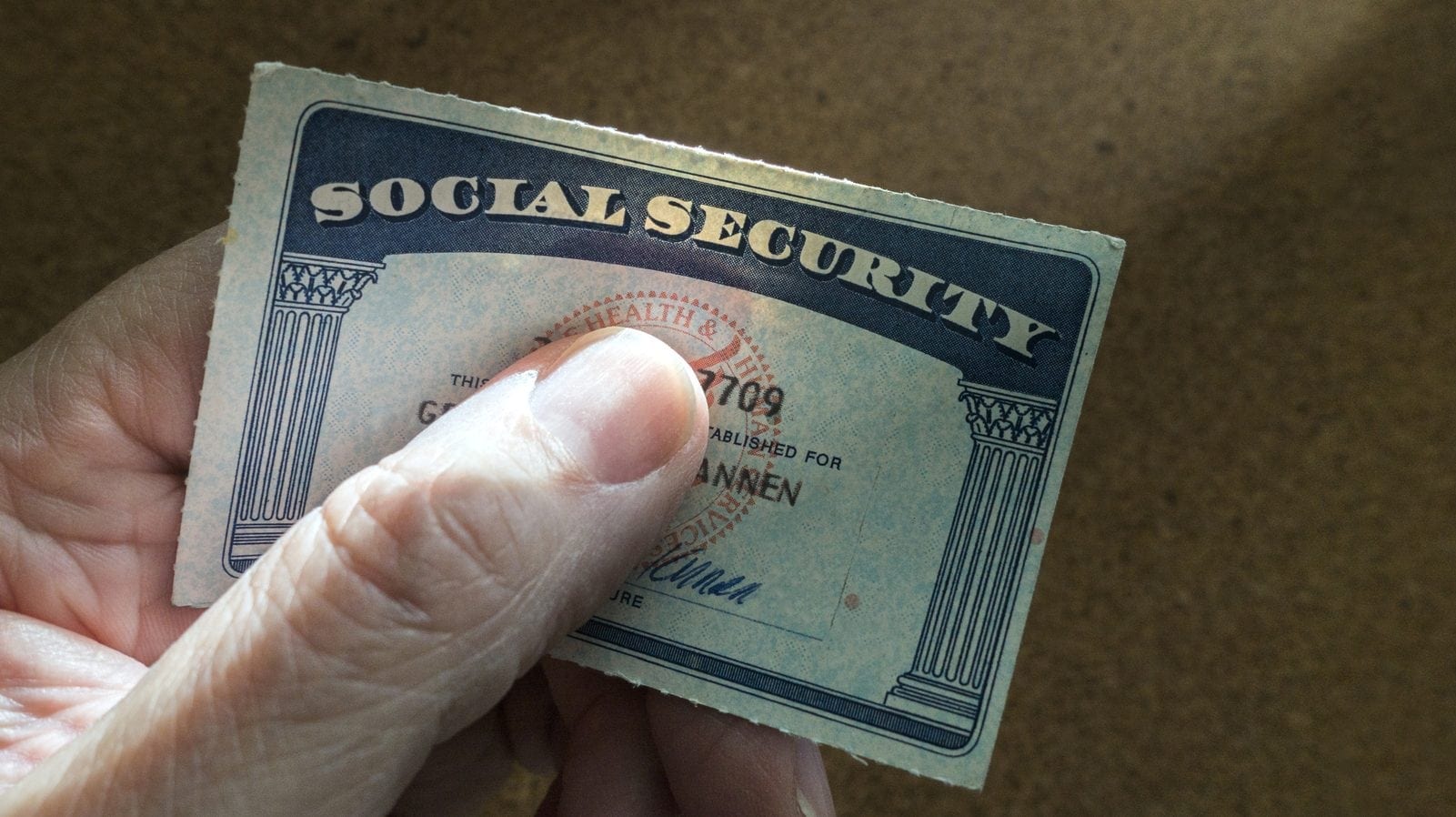
When you apply for Social Security Disability Insurance (SSDI) or Supplemental Income Insurance (SSI), you have to provide Social Security with enough evidence and information to prove that your medical condition is severe enough to be considered a disability that prevents you from being able to work. SSDI claims and SSI claims pretty much go through the same channels of review to determine eligibility for benefits.
Process for Deciding SSDI Claims and SSI Claims
SSDI claims and SSI claims are reviewed by Disability Determination Service (DDS) claims examiner or medical consultant. All SSDI claims and SSI claims undergo a required 5-step evaluation process to determine if you have a qualifying disability. This evaluation primarily addresses the following questions:
- Are you currently working? If you are currently working and earn more than the substantial gainful activity (SGA) level (more than $1,130 a month in 2016, $1,820 for blind persons), your claim for SSDI or SSI will be denied, even if your disability meets the qualifying criteria. If you are not working or your monthly income is below the SGA, the DDS will then assess the severity of your disability.
- Is Your Disability “Severe”? Your disability must be severe enough to prevent you from being able to perform basic work activities (e.g., lifting, sitting, standing, walking or remembering) for at least a year, or your claim will be denied. For example, diabetes is considered a serious medical condition, but a person with diabetes can still work if they control it with medication and lifestyle changes. On the other hand, a person who suffered a debilitating stroke due to heart disease may qualify for SSDI if the stroke impaired his ability to perform basic work activities.
- Does Your Disability Meet or Equal a Listed Impairment? The DDS examiner reviews a List of Impairments, which lists medical conditions considered severe enough to prevent a person from being able to work. If your disability is listed, then the examiner will compare your disability to other medical conditions on the list to see if it meets or matches the severity of a listed condition. If it does, the examiner will determine that you have a qualifying disability. If it does not, the examiner will proceed to the next step.
- Can You Perform the Work You Did Before? The examiner will determine if your disability prevents you from performing any of your previous jobs by evaluating your residual functional capacity, or how much ability you still have. If it is determined that you cannot perform your previous work, then the DDS examiner proceeds to the final step.
- Are You Able to Perform Any Other Work? The DDS examiner or consultant will search for any other jobs you could possibly perform. If he determines that you can perform less mentally or physically challenging work, your SSDI claim will be denied. Persons over 50 may not be required to adapt to a new line of work under Social Security’s “grid rules”. You can learn more about the grid rules on Social Security Administration’s website.
Has Your Claim Been Denied?
Many SSI claims and SSDI claims are denied for various reasons, much to the distress of the persons filing the claims. You can appeal the decision by visiting Social Security’s website and downloading the documents you will need to file your appeal. You can also contact one of our seasoned social security attorneys here at the Law Offices of Dr. Bill LaTour, who can assist you with your appeal and work on your behalf to get you the SSDI or SSI benefits you deserve.







